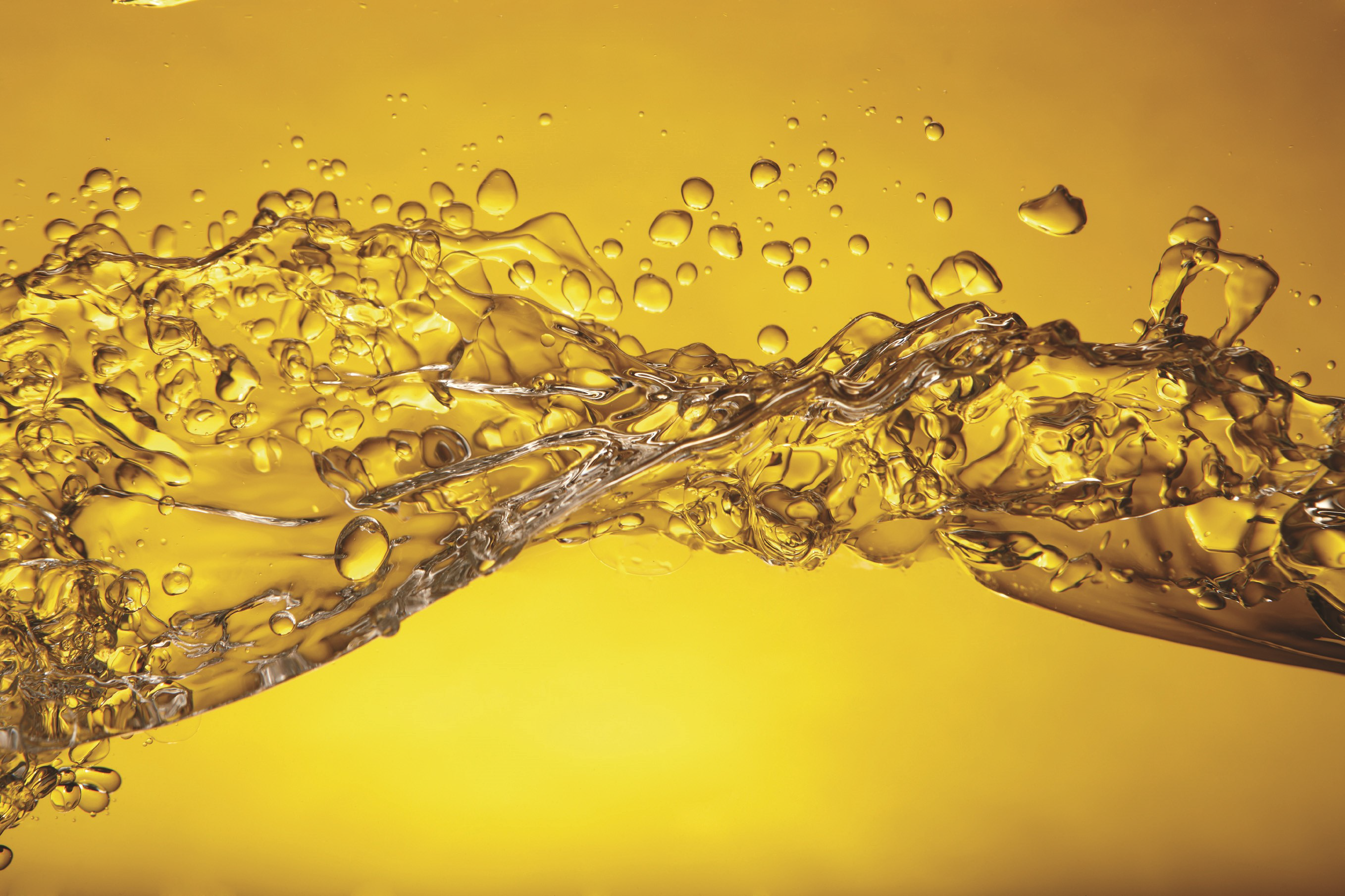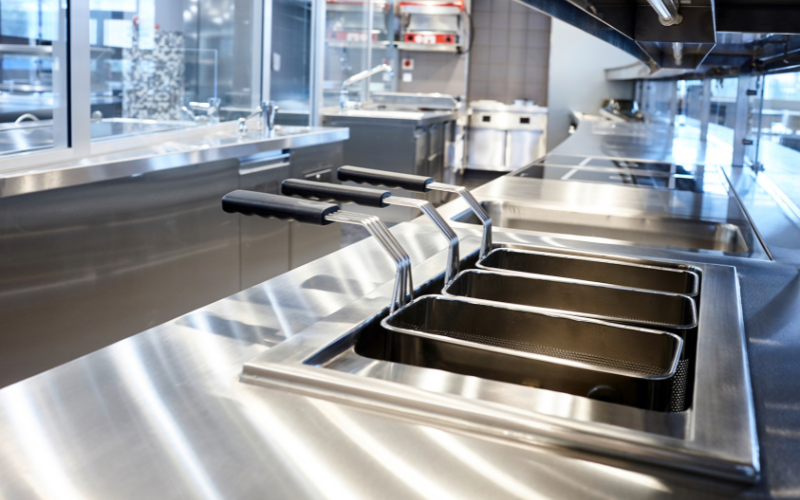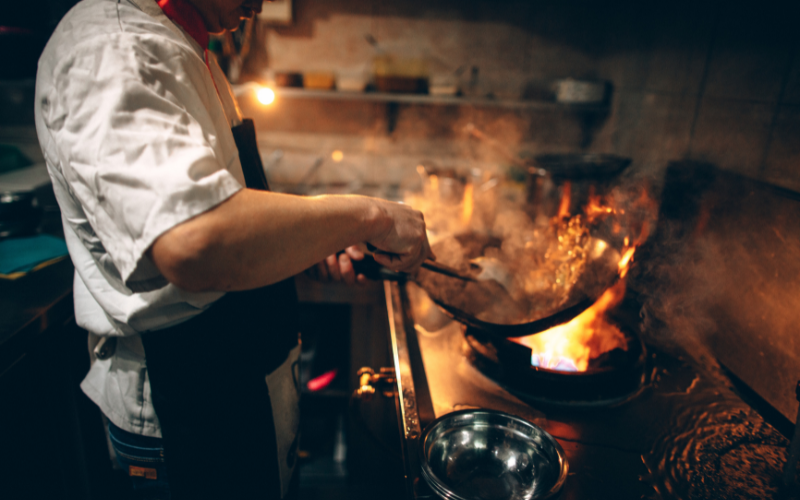Cooking oil is essential in commercial kitchens as many foodservice establishments cannot function without it. However, a surge in the price of cooking oil caused by factors related to the COVID-19 pandemic has made it difficult for some restaurants that rely on cooking oil to prepare food. Cooking oil prices are the highest they have been in a decade and this increase has also caused a rise in used cooking oil theft.
Foodservice establishments that rely on cooking oil need to take steps to preserve the quality of their cooking oil and protect their used cooking oil from theft. Working with a professional like Mahoney Environmental to provide timely cooking oil delivery and pickup of used cooking oil can help reduce the risk of used cooking oil theft.
Rise in Cooking Oil Prices
The prices of oilseeds, oilmeals, and vegetable oils experienced a sharp rise in early 2020 as the pandemic hit, with a brief dip in 2021 followed by another recent rise. Vegetable oils are currently at the highest price they have been since 2010 while the current prices of oilseeds and oilmeals are lower than when they peaked around the beginning of the pandemic. The price of vegetable oils increased in October 2021 for the fourth month in a row while oilseed decreased in price for the fifth consecutive month.
One of the main reasons for the increase in the price of cooking oil is the reviving demand as the world tries to come out of the pandemic. Labor shortages in the production of vegetable oils and the rising price of crude oils have also contributed to the rise in cooking oil prices.
Used Cooking Oil Theft
The increase in the price of cooking oil has also affected the value of used cooking oil. Used cooking oil has always been a commodity as it can be recycled and turned into diesel fuel, and the rise in prices has made used cooking oil even more valuable as its price has risen 80 percent in the last year. This has led to an increase in cooking oil theft from restaurants. Thieves who manage to steal used cooking oil from restaurant storage tanks can make thousands reselling it. Individual restaurants have had tens of thousands of dollars’ worth of used cooking oil stolen. Until cooking oil prices start to fall, this rise in used cooking oil theft is likely to continue.
Foodservice establishments must take steps to help prevent the theft of their used cooking oil. You can protect your used cooking oil by doing the following:
- Make sure all employees know what the trucks of your cooking oil service provider look like and report suspicious trucks.
- Lock up your storage tank and if the tank is enclosed within a gated area, lock the gate.
- If possible, put a security camera on the storage tank to deter thieves.
- Talk to our professionals at Mahoney Environmental to learn more about our grease tanks and security options.
How to Extend the Life of Your Cooking Oil
Many restaurants are being hurt by the rise in cooking oil prices at the same time that food prices are also rising. The best way foodservice businesses can help save costs on cooking oil is to extend its life to get the most use out of it.
Filtering Cooking Oil
One way to get more use out of your cooking oil is to filter it often. Filtering cooking oil removes particles and impurities which will help maintain the quality of the oil and taste of the food cooking in the oil. It is recommended to filter the cooking oil every fourth load of food, especially when frying breaded products, to get the most from the cooking oil.
There are two types of cooking oil filtering: passive and active filtering.
- Passive filtering: Passive filtering is the filtering of the cooking oil by passing it through a filter that removes particles. There are filters available in several different materials including stainless steel, paper, fabric, and carbon. Fabric and carbon are effective for removing particles of all sizes and they can be reused.
- Active filtering: Active filtering is the filtering of the cooking oil using a chemical filter powder. This powder removes blood, protein, and other impurities that are not typically removed with passive filters. Active filtering should be done when frying meat, poultry, and seafood.
Additional Cooking Oil Management Tips
In addition to regularly filtering your cooking oil, you should take the following steps to help preserve the purity of the oil and extend its life:
- Do not fill fry baskets over the oil, fill the baskets with food away from the oil to prevent particles from falling in. You should also avoid salting food over the oil and skim the oil often to remove particles.
- Make sure foods are completely thawed before putting them in the oil. Frozen products release moisture that will degrade the oil.
- Cooking oil will begin to degrade when cooking above a temperature of 300 degrees Fahrenheit and it may reach its smoke point at temperatures above 360 degrees. Do not cook above 360 degrees Fahrenheit and bring the temperature down to 280 degrees when idle.
- Top off the fryer with fresh oil regularly to keep the vat at the right level.
- Clean the fryers according to manufacturer instructions and only use cleaning products recommended by the manufacturer. Make sure the fryers are thoroughly rinsed and dried before refilling them with oil.
- Keep fryers covered when not in use to keep particles and contaminants from getting in the oil and to prevent oxidization.
Cooking Oil Deliveries and Pickup from Mahoney Environmental

As the cooking oil and food prices continue to rise, foodservice businesses should do what they can to preserve their oil and get as much use out of it as possible to save costs. You can also ensure that your used cooking oil is secured and picked up regularly for recycling by working with a professional like Mahoney Environmental. We provide fresh cooking oil deliveries as well as used cooking oil pickup for recycling. We can also provide cooking oil equipment such as grease storage tanks and ensure that your tank is secured to protect from theft.



 Call Us Now (800) 892-9392
Call Us Now (800) 892-9392